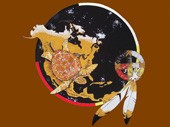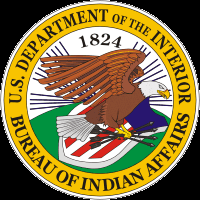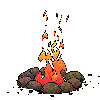
NDN Support North America
coloured.jpg)
Reservations are Indian land?


Indian raids were simply inevitable, for they had very good reason for carrying them out
Meanwhile on the reservations, Indians were given no means of survival, they were not allowed to use metal ploughs because, according to the Indian Act of Canada, that would be "unfair competition". The plots of land where they were supposed to live on were not al all suitable for any kind of agriculture, but hunting weapons were confiscated also. Food rations were often promised but not delivered, and when they came, often some water was added to the meat to make it seem more by the weight of it, the meat would be sour, the flour would contain maggots, etc. It was therefore very much understandable and even inevitable that Indians carried out raids in order to obtain the goods and foods that they needed for staying alive. That the prisoner of war camps were later called reservations can only be called a sour irony. Reservations because of so-called preventing extinction while doing nothing to prevent extinction. Just by comparison, modern-day Bolivia has a 45% indigenous population while the USA only has 2% native people and Canada even less than one percent. This stark difference in population of the two North American countries that decided to have reservations, and the Latin American countries on the other hand, only shows us what a tremendously devastating effect the reservations have had on people. And just to refute the "European diseases"-argument here, that has occurred in Central and South America too, and even if Indians had no defense to the new diseases in the so-called first contact eras, we cannot expect this to stay that way and their biological immune systems to stay unchanged over the years.

back to articles



4
4